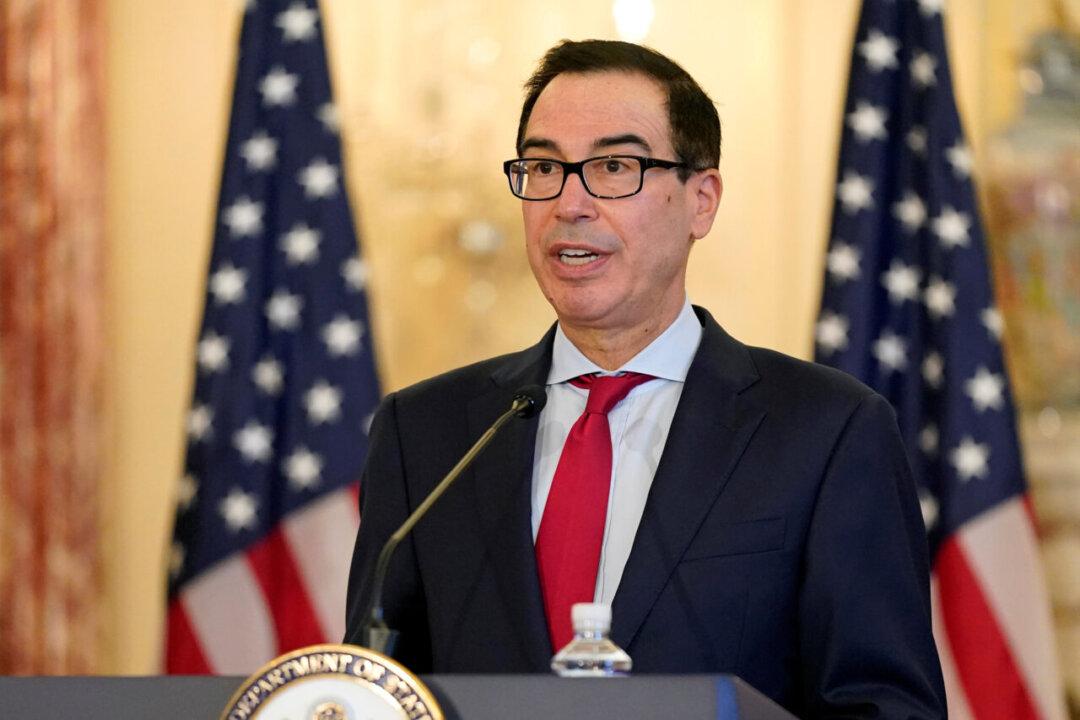Treasury Secretary Steven Mnuchin urged lawmakers to redirect unspent stimulus money allocated by Congress under the CARES (Coronavirus Aid, Relief, and Economic Security) Act to provide targeted support to parts of the U.S. economy that have been hardest-hit by the pandemic.
“I hope that Congress will seriously consider reallocating $580 billion of funds that have already been appropriated that wouldn’t cost taxpayers an additional penny,” he said in a phone interview on Nov. 19, as cited by Bloomberg.





